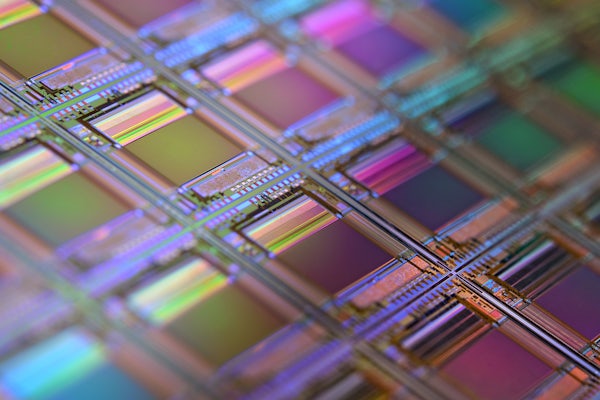Bae pushes past the limits of traditional semiconductors
Sang-Hoon Bae won an award from Samsung’s Global Research Outreach Program for work on next-generation semiconductor technology

Semiconductors appear in countless everyday applications from the electronics in your car to the processors in high-speed communication and AI computation systems. For the next generation of applications, even smaller semiconductors with enhanced performance and scalability will be required.
Sang-Hoo Bae, assistant professor of mechanical engineering & materials science in the McKelvey School of Engineering at Washington University in St. Louis, won an award from Samsung’s Global Research Outreach (GRO) Program to explore next-generation semiconductor materials and fabrication. The GRO Program provides funding of up to $450,000 over a three-year period, subject to annual review. It seeks to build partnerships and support innovative collaboration with academic and research institutions to address challenges in technology.
“For the first time, we will utilize single crystalline 2D semiconductors and more efficient insulators to build next-generation semiconductor devices called gate-all-around field effect transistors (GAAFETs),” Bae said. “These devices can tackle the two most important bottlenecks that the current semiconductor industry faces: scalability and gate-controllability.”
The project builds on Bae’s recent breakthrough method to grow 2D semiconductor materials. Bae’s confined growth technique harnesses the physics of 2D materials in a way that is scalable to meet commercial demand. In combination with improved insulators, which reduce electrical leakage, Bae will also be able to maximize control of the semiconductor gate and thus electrical current that flows through the GAAFETs.
“With our new growth and layer transfer techniques, we’re able to produce single crystalline high-performance insulators that can be integrated with single crystalline 2D materials,” Bae said. “These advances will enable us to make high-performance semiconductor devices with extreme miniaturization, outperforming conventional semiconductor devices utilized in all applications that require semiconductor chips.”




